Water Science for Kids
Everybody loves the classic sink or float game, right? We play this often, and my boys especially enjoy finding new objects to test in the water. We've been having some hands on fun with water science for kids lately including making a needle float. To continue with our water science theme we put a simple spin on the game of sink or float.
How to Play Sink or Float
Directions: First gather as many random items from around the house as you can. Like I mentioned, the boys love this part. A few of the items we used included a ruler, a spoon, a Lego figurine, a bubble wand, an apple, a pipe cleaner, a marble, a Nerf dart, a pom pom, a token, a crayon, a matchbox car, a wine cork, a wooden block, and a domino.
With younger children, toddlers and young preschoolers, have them take turns dropping objects into the water. Depending on their age, children can make predictions about whether an object will sink or float. Even older children, like JZ (6), can make a chart.
He wrote down every object and marked an X either under the word "sink" or under the word "float" depending on his prediction.
Homeschooling with multiple ages can be tricky, and having toddlers around provides and excellent way to develop patience in older children (and mom!) Tank and Peanut (35 months) wanted to quickly throw everything in to the bucket of water. Who can blame them? We worked hard to take turns and occasionally had to fish something out of the water if JZ had not yet made a prediction.
Though these moments require extra patience, they are worth it. I love watching my four boys learn together. These are the best parts of my day.
Some of the objects like the matchbox car and marble are easy to predict. Other items tricked us. My favorite was watching JZ's face when the pom pom sunk to the bottom. Since it is so light he expected it to float. Instead, it quickly absorbed water and made its way to the bottom.
The fun twist we put on this water science classic was to see if we could make objects that float sink to the bottom by attaching them to something that sinks. As seen in the image at the top of the page we used a pipe cleaner to attach a toy car to a wine cork. In the first round of sink or float, the car immediately sunk to the bottom while the cork floated on top. JZ correctly predicted that the weight of the car would pull the cork to the bottom of the bucket.
For more water science for kids follow me on Pinterest.
More water science for kids:
.jpg)
.JPG)
.jpg)


.JPG)
.JPG)
.JPG)
.JPG)
.JPG)
.JPG)
.JPG)
.JPG)
.JPG)
.JPG)














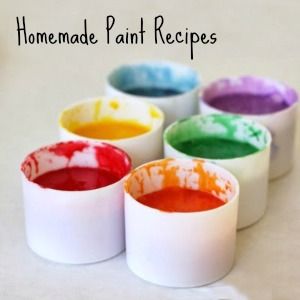
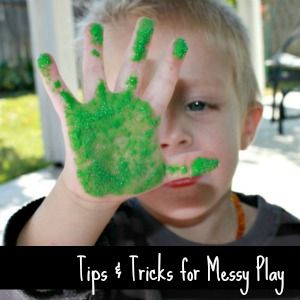
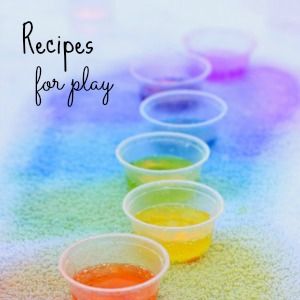
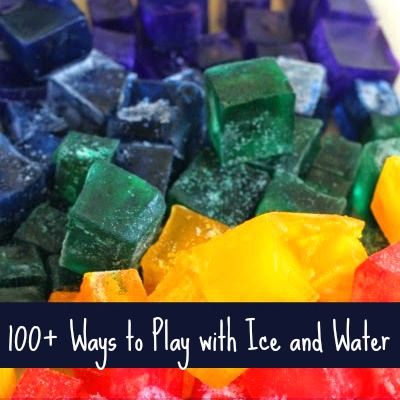

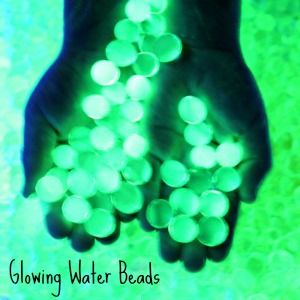
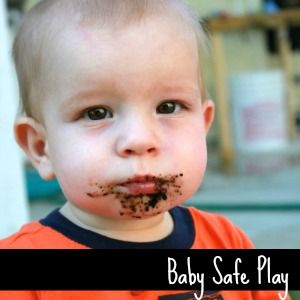


0 comments:
Post a Comment
Thank you for visiting and taking the time to comment. I love reading your feedback. Have a blessed day!